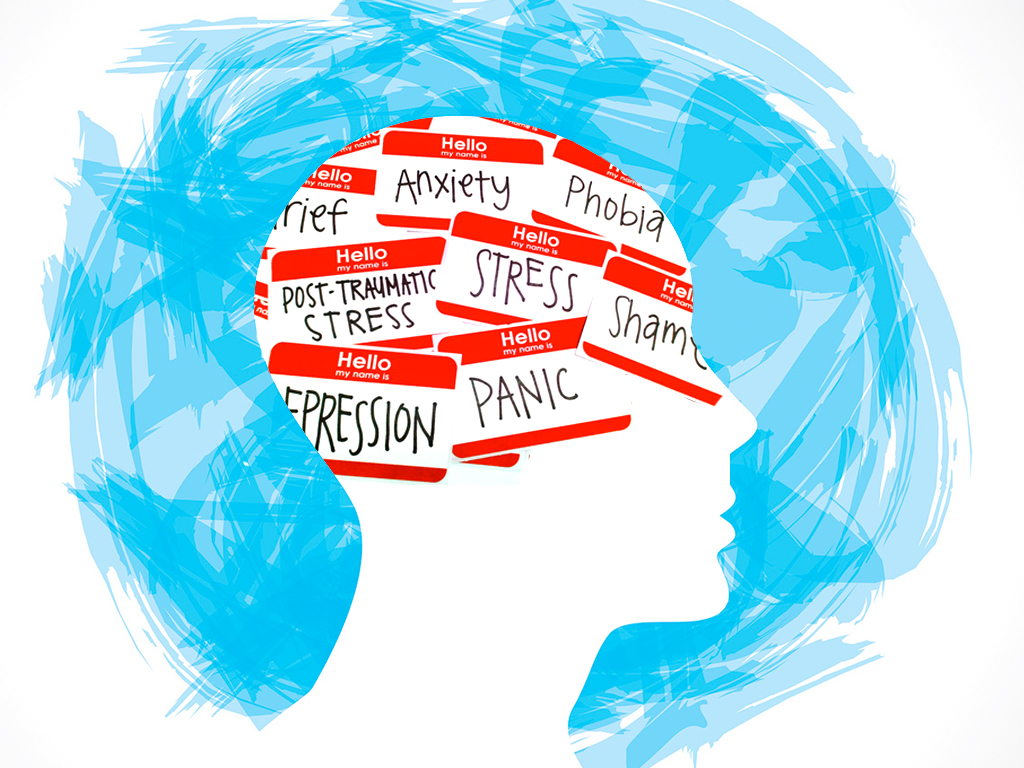Depression is a widespread mental health condition that impacts millions globally. Despite its prevalence, many people still struggle to understand depression—its symptoms, causes, and the available treatment options. This article aims to shed light on this condition, helping to clarify misconceptions and encourage those affected to seek the support they need. Here we will discuss “Understanding Depression its Symptoms Causes and Treatment”.
What is Depression?
To truly understand depression, we first need to define it. Clinical depression, or major depressive disorder (MDD), is a mood disorder characterized by prolonged feelings of sadness, hopelessness, and a disinterest in activities that once brought joy. It can severely affect daily functioning, influencing work, relationships, and overall quality of life.
Symptoms of Depression
Recognizing the symptoms of depression is crucial for timely intervention and treatment. While everyone has off days, clinical depression involves more intense and persistent symptoms. Here are some key signs to look out for:
- Persistent Sadness: A feeling of emptiness or sadness that lasts for weeks or even months.
- Loss of Interest: A marked disinterest in hobbies, social activities, or even work that once felt enjoyable.
- Changes in Appetite: Noticeable weight loss or gain, or a significant change in appetite.
- Sleep Disturbances: Trouble falling asleep, staying asleep, or sleeping excessively.
- Fatigue: A persistent sense of tiredness or lack of energy, even after a full night’s rest.
- Feelings of Worthlessness: An overwhelming sense of inadequacy or excessive guilt.
- Difficulty Concentrating: Trouble focusing on tasks, making decisions, or remembering things.
- Physical Symptoms: Unexplained aches, pains, or digestive issues without a clear medical cause.
Understanding these symptoms is vital, as they can vary from person to person and may not all be present in every individual.

Causes of Depression
Understanding the causes of depression is complex, as it often arises from a combination of various factors. Here are some common contributors:
1. Genetics
A family history of depression can increase the risk of developing the condition. If someone in your family has experienced depression, it may elevate your chances as well.
2. Biological Factors
Chemical imbalances in the brain, particularly involving neurotransmitters like serotonin and dopamine, can play a significant role in depression. Hormonal changes, such as those experienced during pregnancy or menopause, can also contribute to the onset of depressive symptoms.
3. Environmental Factors
Life events, including the loss of a loved one, trauma, or significant life changes (like divorce or job loss), can trigger depression. Ongoing stressors, such as financial difficulties or unsafe living conditions, can also have an impact.
4. Psychological Factors
Certain personality traits, like low self-esteem or a tendency toward negative thinking, can increase vulnerability to depression. Additionally, individuals with anxiety disorders may be more prone to experiencing depression.
Treatment Options for Depression
Understanding the treatment options available for depression is essential for those seeking help. Treatments can be tailored to the individual and may include:
1. Psychotherapy
Talk therapy is a primary approach for treating depression. Cognitive-behavioral therapy (CBT) is particularly effective, helping individuals identify and change negative thought patterns. Other forms of therapy, such as interpersonal therapy (IPT) and dialectical behavior therapy (DBT), can also be beneficial.
2. Medication
For many, antidepressants can be an effective component of treatment. These medications work by balancing chemicals in the brain that affect mood. Common types of antidepressants include:
- Selective Serotonin Reuptake Inhibitors (SSRIs): Often the first choice, these include medications like fluoxetine (Prozac) and sertraline (Zoloft).
- Serotonin-Norepinephrine Reuptake Inhibitors (SNRIs): These include venlafaxine (Effexor) and duloxetine (Cymbalta).
- Atypical Antidepressants: These don’t fit into standard categories and include options like bupropion (Wellbutrin) and mirtazapine (Remeron).
Finding the right medication can take time, so it’s important to work closely with a healthcare provider.

3. Lifestyle Changes
Incorporating healthy lifestyle changes can greatly improve mental health. Regular exercise, a balanced diet, and adequate sleep are all beneficial. Mindfulness practices, like meditation and yoga, can also help reduce symptoms of depression. Maintaining social connections and engaging in supportive relationships is crucial for emotional well-being.
4. Support Groups
Joining a support group can provide comfort and understanding. Sharing experiences with others who are going through similar challenges can be incredibly helpful and empowering.
5. Alternative Treatments
Some individuals explore alternative treatments, such as acupuncture, herbal supplements, or holistic therapies. While these can be beneficial, it’s essential to consult a healthcare provider before trying any new treatment.
Conclusion
Understanding depression—its symptoms, causes, and treatment options—is vital for anyone affected by this condition. By breaking down misconceptions, we can create an environment that encourages individuals to seek help and support.
If you or someone you care about is struggling with depression, remember that you are not alone. Help is available, and effective treatments can lead to recovery and a more fulfilling life. Understanding depression is the first step toward breaking the cycle of stigma and building a supportive community that values mental health. Together, we can foster an environment where everyone feels empowered to seek the help they need.
